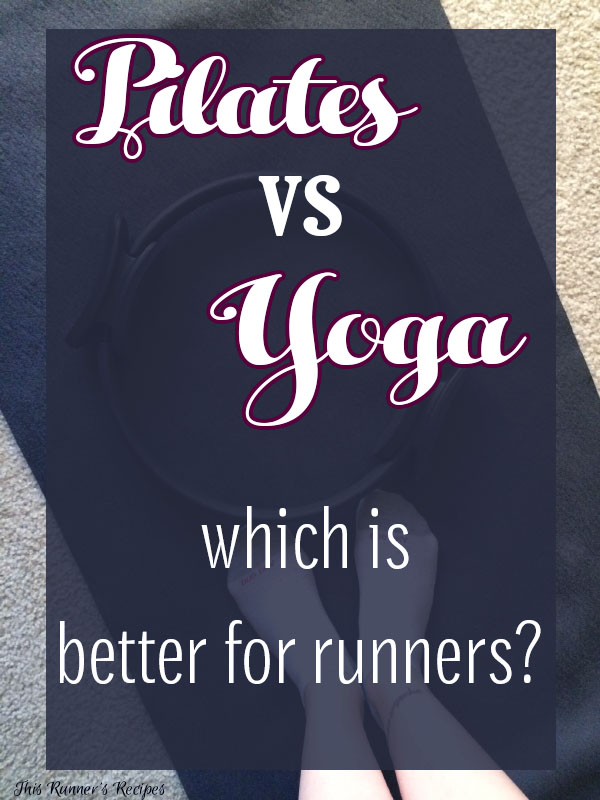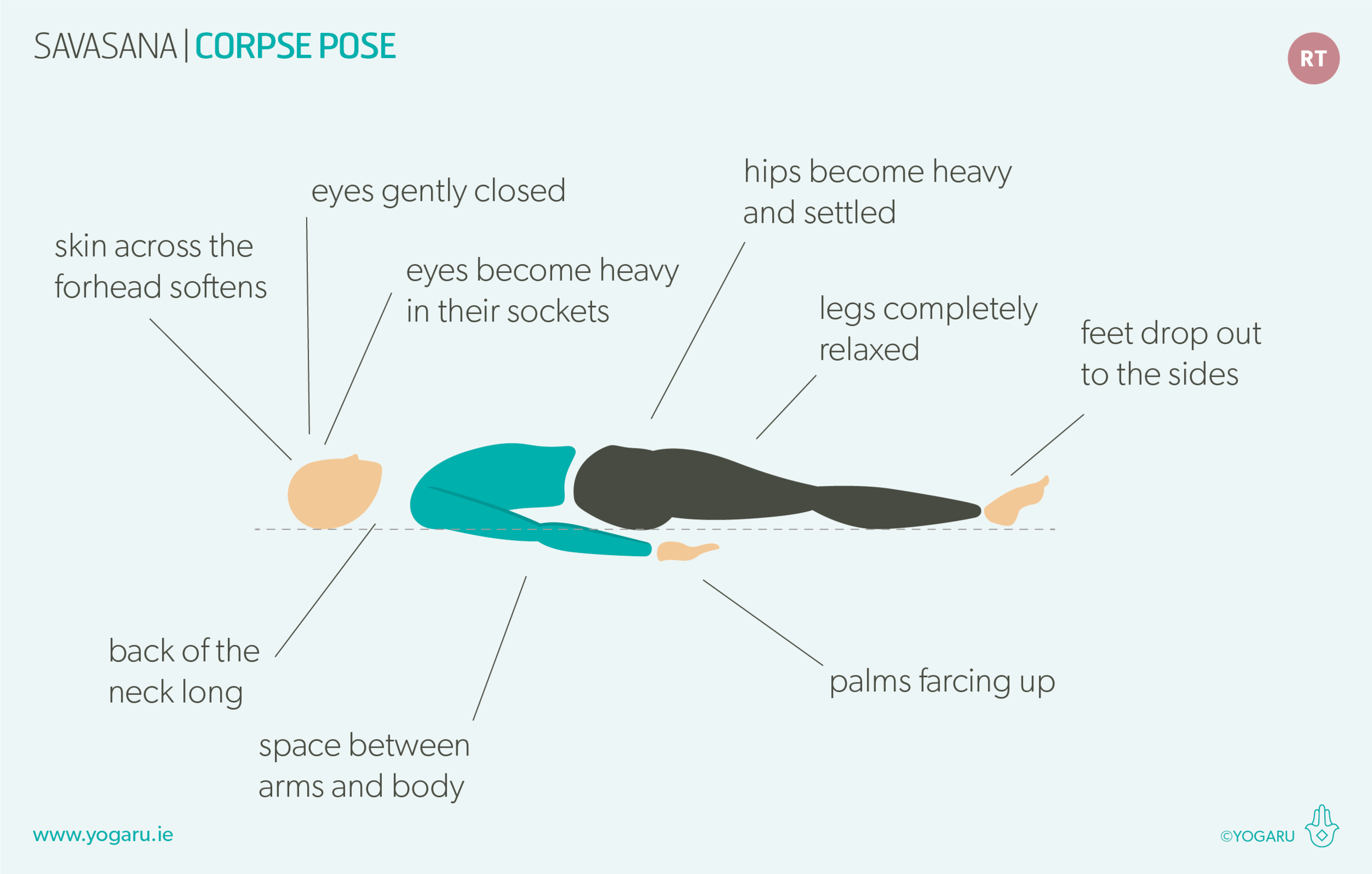
There are many benefits to yoga, and some people might be skeptical. Yoga has many physical benefits. It can reduce stress, relax, and even help you reach spiritual enlightenment. Yoga can be a great exercise option and a way to enjoy the benefits that meditation offers. This article will show you how yoga can benefit everyone.
Yoga can be done by anyone, including seniors and athletes, as well as sedentary adults. Yoga can be practiced by anyone, as it is a breathing exercise. Although it can be difficult, it is possible to do. Yoga is not a difficult practice. Props are available to modify your poses or you can skip them entirely. There are many types of yoga classes: gentle, yin and restorative as well as slow-flow.
Yoga is open to anyone who can move and breathe normally. Yoga can be done even if you have limited mobility. Yoga can be made more accessible by making modifications and adjustments. Accessible yoga is not competitive. Everyone can participate. There is no competition in yoga.

Yoga is accessible to anyone. You can modify the poses to suit your needs if you are suffering from an injury or a medical condition. There are also modifications that will allow you to practice safely without too much pain. The best thing about yoga is that it is a holistic exercise program that can help anyone with injuries. Even if your legs aren't able to bend or lift, yoga can still be done.
Anyone who is interested in yoga must be flexible. Although yoga isn't a competitive sport, many people do find it incredibly beneficial for their physical health. Whether you are an athlete or a couch potato, yoga can benefit any individual. Yoga can be made more accessible by combining breath and movement. It's also great for people with limited mobility.
Another benefit of yoga? It reduces inflammation. Chronic inflammation is a major cause of heart disease, cancer, and even many types of suicide. Regularly practicing yoga can help reduce the risk of these diseases. Yoga can help you be more relaxed and live a happier, healthier life. By doing yoga, you'll gain a deeper appreciation for your body and yourself. You will feel more relaxed, and less stressed.
Yoga is a sport. However, it is not competitive. Anybody can practice yoga, and everyone can benefit from it. Yoga is not competitive and can be adapted by anyone. Yoga is suitable for everyone, so you don't need to be an athlete to take part. It's easy and low-impact so anyone can do it.

Yoga is not just for women. Yoga can also be beneficial for men. Because it uses body weight and stretches, anyone can do it. Yoga has many physical and mental benefits. But flexibility is the key to reaping the greatest benefits. And since yoga is an all-encompassing discipline, it's possible to improve your life no matter what your current skill level. This is where yoga can help you.
Yoga benefits include improved cardiovascular fitness, better immune system function, and a greater sense for well-being. Yoga can also help you to combat the stress and anxiety caused by modern corporate industries. Even though yoga is an accessible practice, it doesn't require you to be a celebrity to do it. In fact, you can improve your overall health and well-being by incorporating yoga into your daily routine.
FAQ
What is the best exercise routine to build muscle?
When you are building muscle mass, there are two main exercises you need to do. These are isolation exercises and compound moves. While isolation exercises focus on specific muscles, compound moves target multiple muscle groups simultaneously.
Your best option to improve your fitness is to work out with exercises that challenge all your major muscle group. This will ensure that you work hard every session.
To keep track of what you have done, use an app called MyFitnessPal. It allows you log everything, including calories burned and weight lifted. You can also create custom meal plans based on your goals.
What kind of food should I avoid when trying to lose weight?
Avoid trans fats. Trans fats increase LDL cholesterol (the bad) and decrease HDL cholesterol (the healthy).
Trans fats are commonly found in fast food, deep-fried and packaged baked goods as well snack cakes and other processed foods.
These unhealthy fats cause inflammation which leads to heart disease, diabetes, and other health problems.
Avoid foods containing artificial sweeteners. Artificial sweeteners can increase your risk of developing cancer.
These chemicals are found in many products, including soft drinks, candy bars, chewing gum, as well as candy bars. They appear in many other foods, including meat, poultry, fish, and eggs.
Artificial sweeteners include saccharin, cyclamate, sorbitol, aspartame, acesulfame-K, and sucralose.
The American Heart Association advises against using these chemicals, as they could damage DNA.
What's a good routine for a daily workout?
You must exercise regularly to stay fit. It doesn't matter which type of fitness you choose, as long as it is done regularly. The key thing is consistency. It is important to stay consistent in order to get results.
Start by doing small amounts of daily physical activity (like walking). You can gradually increase the amount of exercise you do until you have 30 minutes each day. You can choose to run, swim, weight train, do yoga or take aerobics classes.
Try to get active every day. You should not miss any sessions unless there is a good reason.
You should wear the appropriate clothing and footwear if you are exercising outdoors. Weather conditions can also affect your ability and safety to exercise.
When you exercise, make sure you are drinking plenty of water. Drinking alcohol during exercise can cause dehydration. Also, avoid caffeinated drinks such as coffee, tea, and cola. They may give you energy, but they will also dehydrate you.
When you first start exercising, you might feel tired after completing your workouts. Keep going with your workouts and you'll soon feel more energized.
Statistics
- According to the American Academy of Dermatology (AAD), men over 50 are at a heightened risk of developing it. (healthline.com)
- Cardmembers earn 5% Back at Amazon.com with a Prime Credit Card. (amazon.com)
- According to the American Heart Association, blood pressure should be checked at least once every two years, beginning at age 20. (my.clevelandclinic.org)
- By John Thompson Take a whopping 38% off a set of PowerBlock Pros. (menshealth.com)
- Candidates and applicants must pass all four tests at 70% (minimum level) to graduate from Basic Deputy U.S. Marshal (BDUSM) Training. (usmarshals.gov)
External Links
How To
How do I lose weight while working out?
Exercise can help you burn calories and increase your metabolism.
If you exercise with moderate intensity, you can safely lose weight.
These are the top tips for burning fat while you exercise.
-
Cardio exercises include swimming, running or cycling.
-
Exercise for 30 minutes three times per week.
-
You can add strength training into your exercise routine if you're looking to lose even more weight.
-
Avoid intense workouts. You can build muscle and not break down muscle tissue.
-
When exercising, make sure to drink lots of water. Water helps flush out toxins and keep your body properly hydrated.
-
After working out, drink low-fat protein shakes. Protein shakes can help boost energy and repair muscles.
-
Smaller meals are better for you.
-
Don't skip breakfast! You can feel tired and slow if you skip breakfast.
-
Take care of your mental health. Stressful situations can slow down metabolism.
-
Keep a positive attitude. Research shows that overweight people gain more weight if they believe they are overweight than those who believe they look good.
-
Get enough sleep. You will have a harder time losing weight if you do not get enough sleep.
-
Keep active. Get up every hour and get moving.
-
Maintain a healthy diet. You will feel fuller longer if you eat right.
-
Find ways to relax. A tense mind doesn't allow your body to release stress hormones that break down muscle tissue.
A balanced diet contains all necessary nutrients for growth and development.
You should eat six small meals per day rather than three large ones. This gives your body the time it needs to process what you've eat.
To maintain strong bones, you need to consume 500 mg of calcium each day. Calcium is available in dairy products like milk, yogurt, fortified soy beverages, orange juice, cereal, bread, and cereals.
Calcium is found in leafy vegetables, beans and tofu, as well nuts, seeds and cheese.
Vitamin D is essential for calcium absorption. Vitamin D can be found in egg yolk, fatty fish, and other fortified foods.
Vitamin E is important for skin health. Vitamin E can also be found in vegetable oil, wheat germ oils, peanuts as well almonds, sunflower seeds and corn.
Your body requires zinc for normal immune function and wound healing. Zinc can be found as a mineral in oysters.
Zinc deficiencies can lead to fatigue, decreased appetite, depression, and reduced immunity.
Eating too much sugar causes insulin resistance, which increases blood glucose levels. Insulin resistance leads to weight gain.
Insulin resistance is caused by high blood levels of free-radicals. Free radicals refer to molecules that contain unpaired electrons. They can damage cell membranes and other body parts.
Most free radicals come from pesticides herbicides, food additives, preservatives smoking, radiation, chemical in cosmetics, lotions and household cleaning supplies.
Free radicals can lead to cancer and heart disease, diabetes mellitus, arthritis, asthma, and premature aging.
Eating a well-balanced diet with antioxidants is the best way to prevent free radical damage. Antioxidants protect against oxidative damage.
Vitamin C, beta carotene (found within citrus fruits, carrots, sweet potatoes and spinach), Vitamin E (found inside nuts, olive oils, avocados and eggs), and Vitamin C (found among mangoes.
Selenium, manganese (and zinc) are other antioxidant nutrients.
Selenium helps protect cells from oxidative damage caused by free radicals. Selenium is also found in Brazil nuts.
Copper protects your eyes, brain, eyes and red blood cell. Copper is also found in poultry, meat, and organs.
Manganese, an essential component of bone strength, is crucial. Manganese may be found in brown rice or spinach, bananas and prunes as well raisins, oatmeal and lentils.
Zinc is important for healthy growth, reproduction, and wound-healing. Zn is found in lean meats, poultry, white fish and eggs.